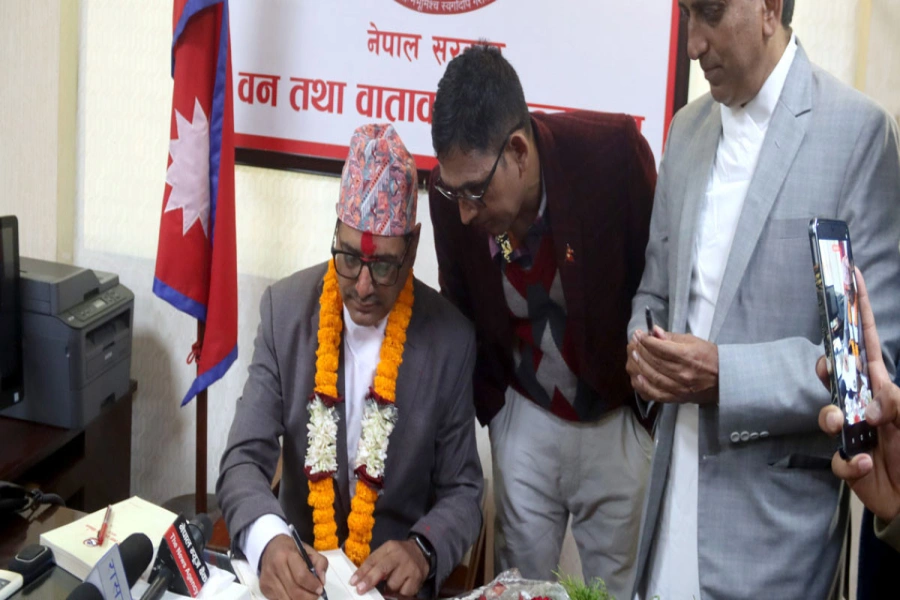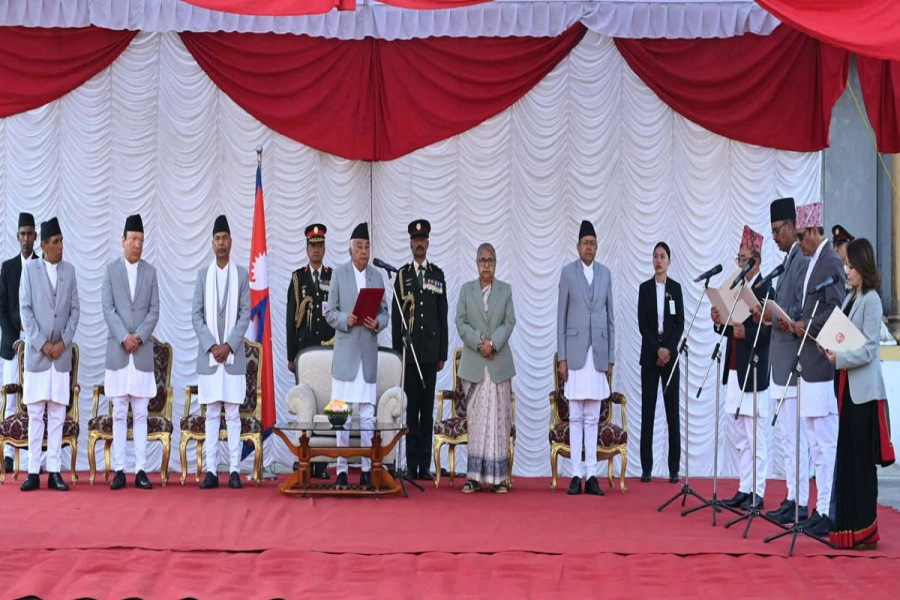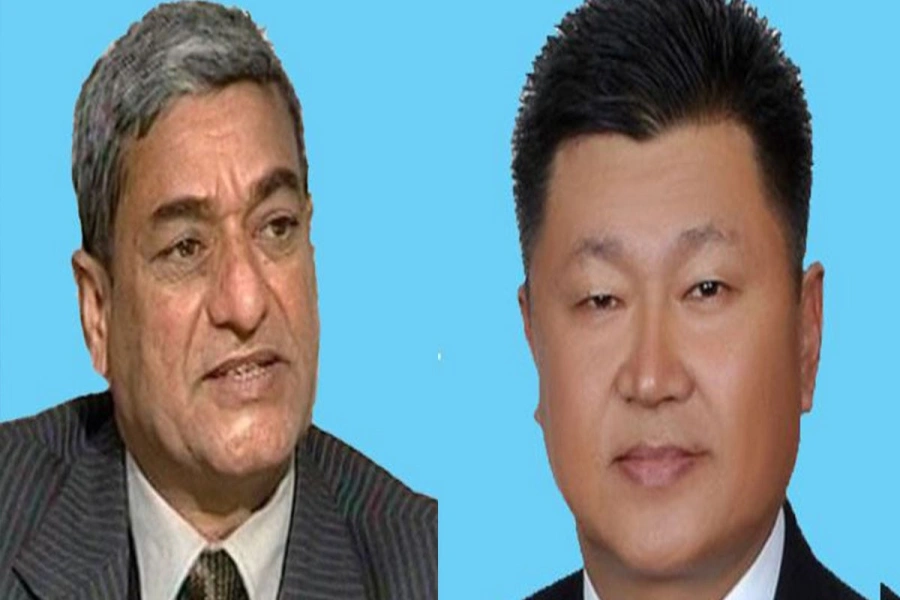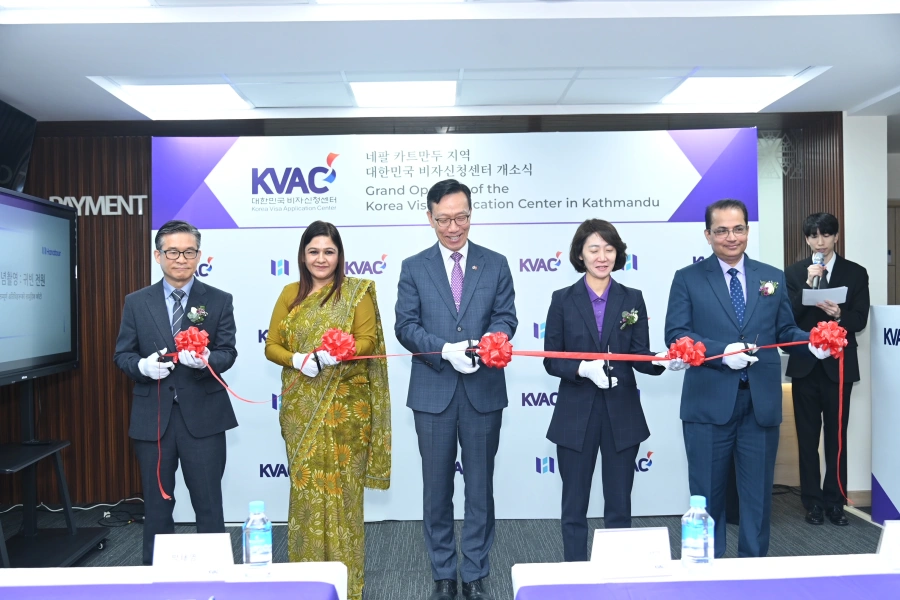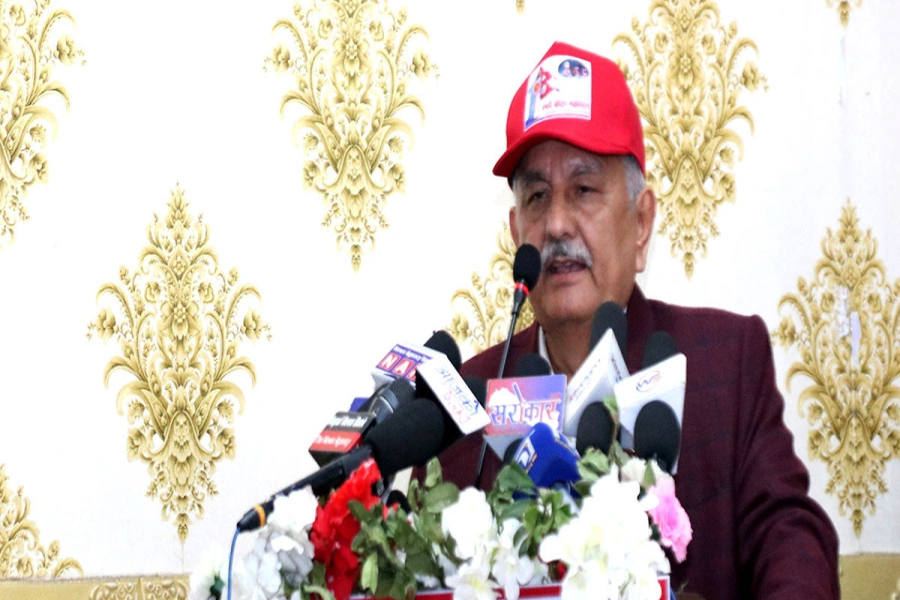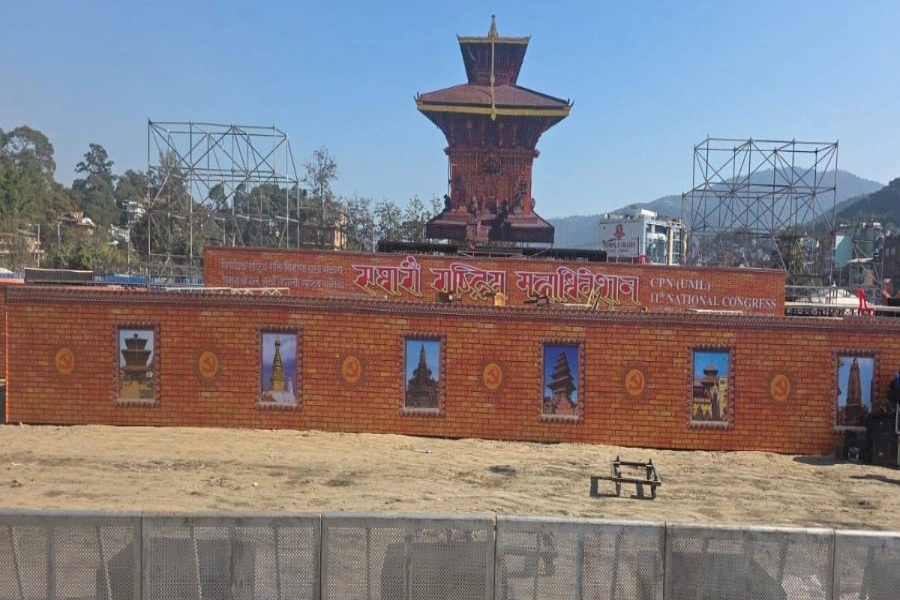After the implementation of the proportional election system in Nepal, the competition to become a member of parliament has become especially popular among businessmen and industrialists.
Joseph Chamberlain (1836-1924) was the first industrialist to reach the highest levels of British politics. Remarkably successful as a young man in Birmingham's metal-working industry, he was aware of the importance of politics as a business-industry, innovation in organization and production, accounting and marketing.
It is more dangerous for a politician to become a businessman than for a businessman to enter politics. Many politicians have tried to run a media house but failed and commented that such failures are a good development. Aggressive and direct in both personality and principle, Chamberlain was loyal to enterprise rather than party. He never became the Prime Minister, but at the beginning of the twentieth century he was by general consensus the "First Minister of the British Empire".
Do business people make good politicians?
Now, because of globalization, we are losing who we are. Are we Slovaks? Are we Europeans? Who are we? McDonald's is everywhere;when you go from one country to another you feel like you are always in the same country. Only the scenario is different.
Shops, brand names are all the same. In this environment, the nationalism-loaded stance "Nepal first!" becomes all the more important. We must protect ourselves. We could be destroyed by immigrants.
Populist politicians act out of fear. Real leaders take on challenges, share their energy with people, and make them feel that way when they say, "We're very successful. We can handle this problem. Don't worry: we can handle it."
In business, you can't live the way most politicians operate. In politics, we often say that we need reform in education. How do we accomplish that reform? We know how to do it: we have to hire the best people to be teachers and implement reforms. But in the end, often nothing happens.
Politicians granted amnesty; Govt employees and businessmen inv...

While we prioritize reform, we do not take it as a priority. We often use it as a political statement. Yes, we need more schools - but if we need them, we need to do something about it. Being a politician means serving the people.
Political-business alliances in Nepal began in the post-panchayat era as the multi-party system encouraged collusion. This co-dependence between business and politics became more entrenched in the subsequent elections.
When a political party spends money to win an election, businessmen start farming. Over the years, watching from the sidelines was not enough, and Nepal's wealthy entered politics directly as the country began its transition to a federal republic after the end of the Maoist conflict.
The then finance secretary resigned in 2011 after the finance minister sought the advice of industrialists during budget formulation. Nepal's political parties are now running on the will of individual leaders who help businessmen in looting rather than in the institutional system.
Businessmen have also been actively involved in the internal strife within the parties that has become a feature of Nepali politics in recent times. They argue that since political parties ask for donations from Nepali citizens, they are more accountable to the people.
Although government subsidy is a viable option for parties in an ideal democracy, the question seems to be raised whether a country like Nepal can do it honestly. After the implementation of the proportional election system in Nepal, the competition to become a member of parliament has become especially popular among industrialists.
They rose above the thought of industrialists who did not dream of being higher than parliamentarians and were not only active in politics of the party but were elected as parliamentarians in the House of Representatives election held on November 20.
Having expanded their business even outside Nepal, many industrialists have become idols of businessmen and have become active in politics. Economists are predicting that the impact of the economic recession that may increase worldwide will also increase in Nepal. Banks are unable to lend.
Remittances have not increased relatively. It has reached the expensive kitchen. Dollar reserves are declining. Imports are scary. Exports have not increased. Manufacturing industries are collapsing. The tourism sector is devastated. All this burden is sure to fall on the shoulders of the finance minister.
Donald Trump became the first billionaire businessman to become president of the US. But he is following in the footsteps of other Mughals who have jumped into the political fray elsewhere in the world. The track record of these businessmen-turned-politicians is decidedly mixed.
Some have translated their private sector wisdom into government success. After the recently concluded elections, more than 20 businessmen have entered the Nepali Parliament. In particular, doubts are always expressed about the role that industrialists and businessmen can play in the policy making process for private gain, and it is often termed a ‘conflict of interest' when they enter parliament.
When there are entrepreneurs and businessmen with knowledge in the subject matter, is there more maneuvering than cooperation in policy making?
This has become necessary because the economy should be prioritized more than politics. Now is the time to focus on improving the national economy. Therefore, the economic prosperity of the country comes from people who have expertise and experience in the economy and commercial sector rather than from those who do mass politics.
If we look at the international practice, there is a practice where businessmen have to give up their professional responsibilities when they enter parliament. The wealthy have the power to use and influence their decision-making power in the field of business investment through party politics.
On the one hand, there is a fear that society will be dominated by 'neopatrimonialism', i.e. a system in which only the rich will benefit.
By investing their time and money in politics, industrialists are accused of reaching the official level of making policies that will benefit them and establishing a deep connection between money, wealth, power and politics.
Political scientist Christopher Clapham defines 'neopatrimonialism'. He has taken it as a system in which rich and financially strong people increase their affinity with the state power and get high priority socially and politically.
With this type of structure, a direct link of the 'business elite' with the state power is established and they can develop the necessary system for their success. Due to the increasing institutional power of the business community, they have been keeping a great influence in the political field.
In the neighboring country of Bangladesh, industrialist businessmen are credited with creating a structure for the success of the economy by redefining this image. The private sector has played a large and important role in the rapid growth of Bangladesh's economy. The period of the last two decades is considered as the speed of investment, entrepreneurship and job creation in Bangladesh. Between 1996 and 2001, 47.8 percent of parliamentarians in Bangladesh's parliament were entrepreneurs and businessmen, a number that has been steadily increasing since then, according to a study report titled "Forty Years of Bangladesh Parliament: Trends, Achievements and Challenges".
In our context, we do not think that businessmen want to enter politics to create a favorable environment for business. There is a saying - honesty is the best policy!
Businessmen should be clear that money alone cannot win elections. If this were true, all the great industrialists of the world would already rule their own countries.
Overall, are the management principles that ensure success in business useful in politics? Can a successful businessman prove his worth in politics? Not always.





